The British Line of Control
There is a famous saying if you see two fish fighting, you can be sure an Englishman has passed by five minutes ago. Why do people quote this phrase? Simply because of the effect British rule had on many countries and its borders. To the 15th century to the 19th century Britishers have ruled the world and have messed up many countries borders. This border dispute never gets solved. The repercussions are huge, from war to political unrest to innocent people losing their lives. Let’s go down in history and understand the issue.
China & Hong Kong
In the early 1800s when the East India Company came to China for business purpose, little did the Chinese knew about the impact it was going to have. Chinese goods were in high demand in the European market. At that time there was no particular monetary exchange system, so in exchange for their products the chinese demanded silver.
The Opium Game
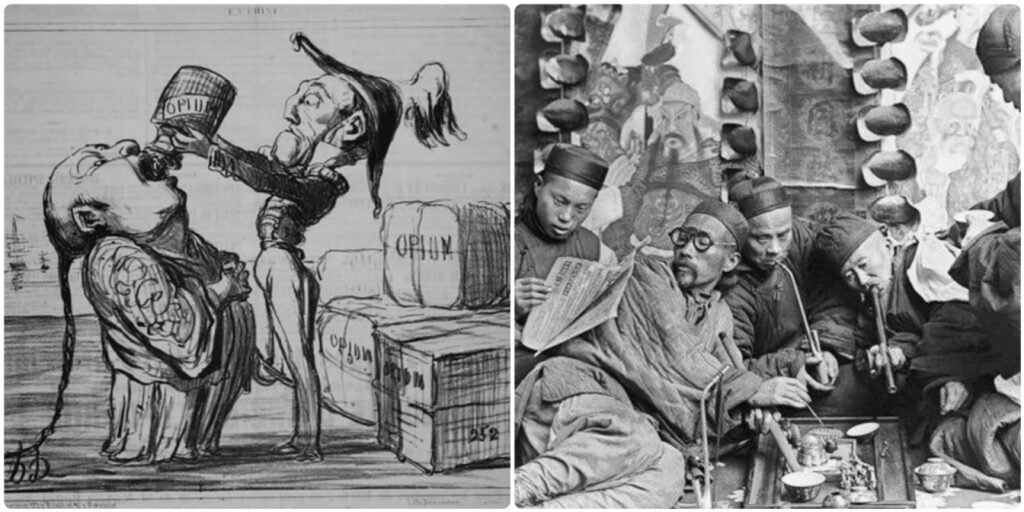
The cunning and shrewd Britishers didn’t want to pay high amount for those chinese products, so they exported Indian grown opium illegally to china. Opium is a narcotic item which is extracted from a plant known as Opium Poppy. In return for the illegal opium they got silver and that same silver was used to buy chinese valuables. Soon the chinese people became addicted to opium and addiction grew so high that it started to affect China socially and economically.
Obviously the Britishers benefited from this immensely. Even the chinese imperial troops and their officials were not spared from this addiction. Soon, the then ruler the Qing Dynasty realised the Britishers dirty opium game and started to arrest the chinese merchants who were helping the Britishers opium game.
Opium War
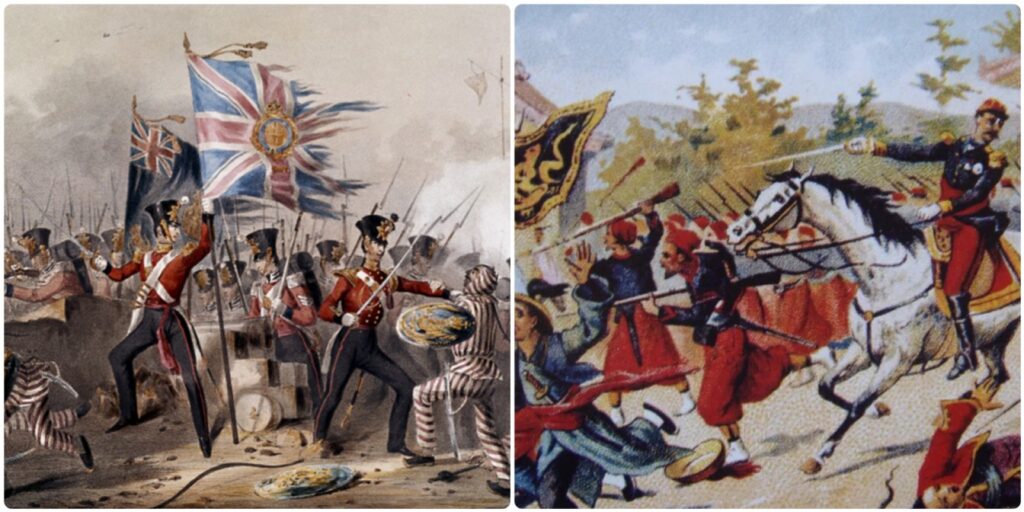
The Qing dynasty enforced the restrictions on opium which resulted in the first opium war in Sep 1839. Because of the Britishers superior naval force, they won the war and captured Hong Kong on 25th Jan 1841. Because of the defeat, the Qing dynasty was forced to sign an British favouring agreement also known as the Nanjing Treaty. Some of the key points of the heavily British favouring treaty was:
- China to pay an Indemnity of 20 millions silver dollars
- Control on Hong Kong
- Access to unrestricted trade
Again the Britishers and Qing Dynasty fought a second opium war between June 1856 to October 1860, which again the Qing Dynasty lost. Resulting the loss the Chinese was forced to sign a final treaty also known as the 1898 Convention which was an Extension of earlier Hong Kong treaty. One of the major condition of the treaty was that Hong Kong and other newly occupied territories were leased to Britain for 99 years. Under this treaty, China would regain control of its leased lands in July 1997.
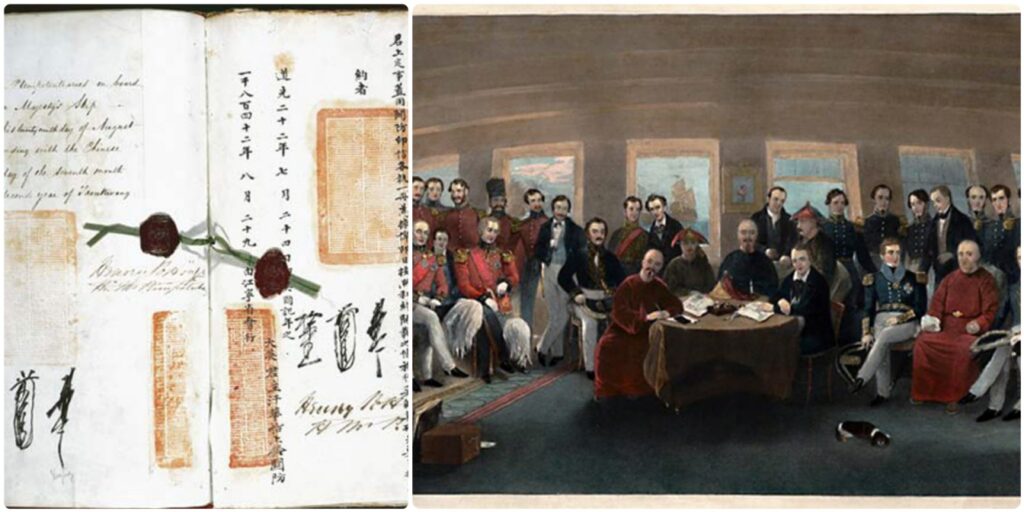
Hong Kong’s British Influence
One good thing happened under the British rule that capitalism was introduced and as a result Hong Kong’s economy blossomed. People of Hong Kong had more freedom as compared to the people of communist china. In July 1997 Hong Kong was handovered back to China on a condition of “One Country two system” policy till 2047. People of Hong Kong would still enjoy the same right as it was before 1997. But their concern is what would happen after 2047? Their fear is that communist China would impose restrictions on the freedom of Hong Kong’s people. If you evaluate the matter deeply, the entire saga was started by the Britishers.
“In the present scenario what looks like an injustice to the people of Hong Kong, the seed of that injustice had been planted nearly two centuries ago by the Britishers. It would never come to this situation in the first place if the Britishers didn’t play the opium game in the 18th century.”
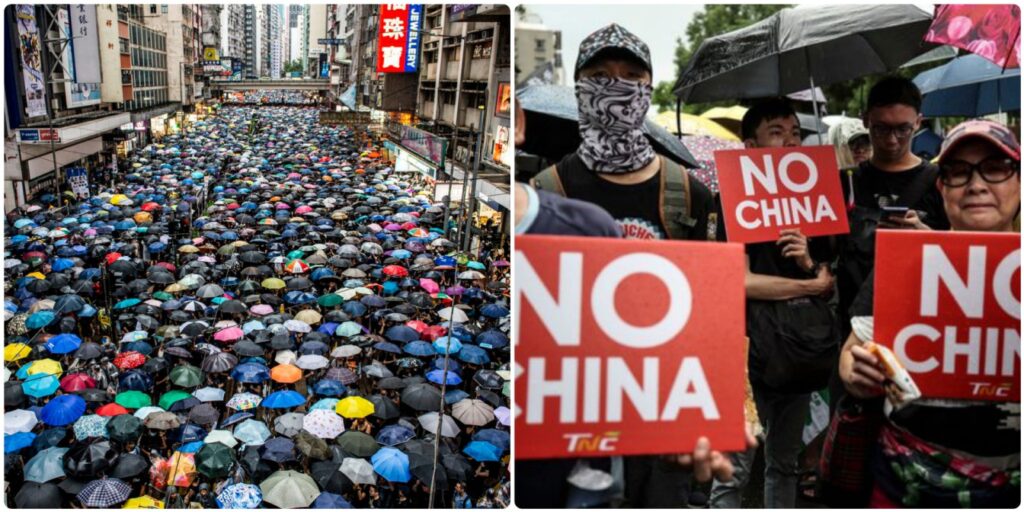
Now Britain has offered citizenship to the people of Hong Kong. Is it for the injustice of the past or is it just pretending to care? Hong Kong has become like a see-saw game between China and Britain, but nobody’s bothered about the people of Hong Kong. Hong Kong may have problems with present day China, but still Britain must to take lot of blame for It’s past cunning act and present day turmoil.
Israel & Palestine
Many of us are familiar with the Israel Palestine long conflict. It all started when the Ottoman Empire lost to the Britishers in the first world war. Ottoman Empire in the 1900’s were a group of middle eastern countries such as Palestine, Turkey, Greece, Jordan, Egypt, Bulgaria, Romania but except Saudi Arab who stood by the Britishers against the Ottoman Empire in world war I.
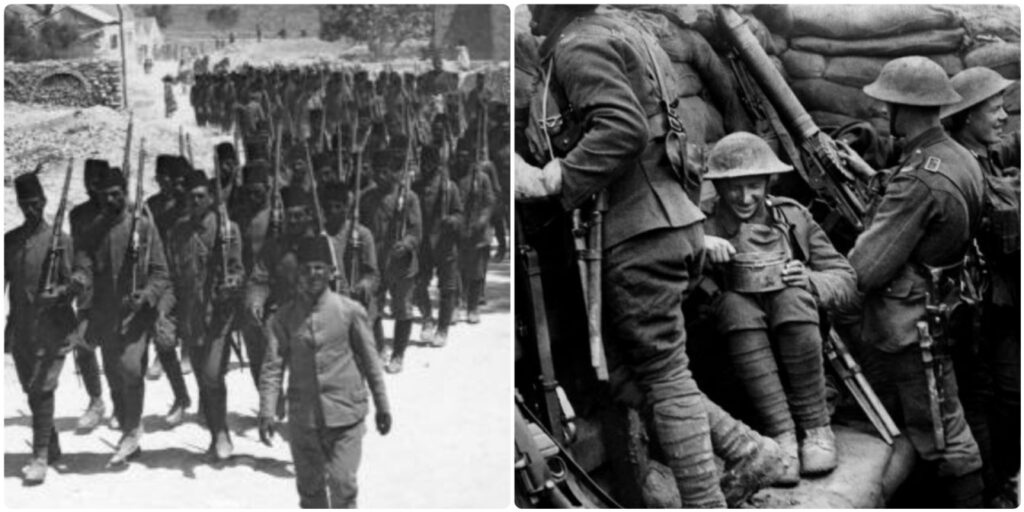
Selfish Promises
The Britishers were very busy making promises during world war I. They convinced Saudi Arab the land of Palestine if fought with them in WW1 and a similar kind promise was also made to the Jews people. Jews people were particularly interested in this because the Jews didn’t have any country of their own. At that time the Zionism movement was gaining momentum which was basically a demand for a separate Jews state. Then came the 1917 Balfour declaration which worked as a nail in the coffin for the Palestinian people. The Balfour declaration was made by Arthur Balfour who was serving as foreign secretary in the British government. His few words had a such detrimental effect that it changed the face of the middle eastern region. The main objective of declaration was to support the establishment of a Jews nation in the land of Palestine.
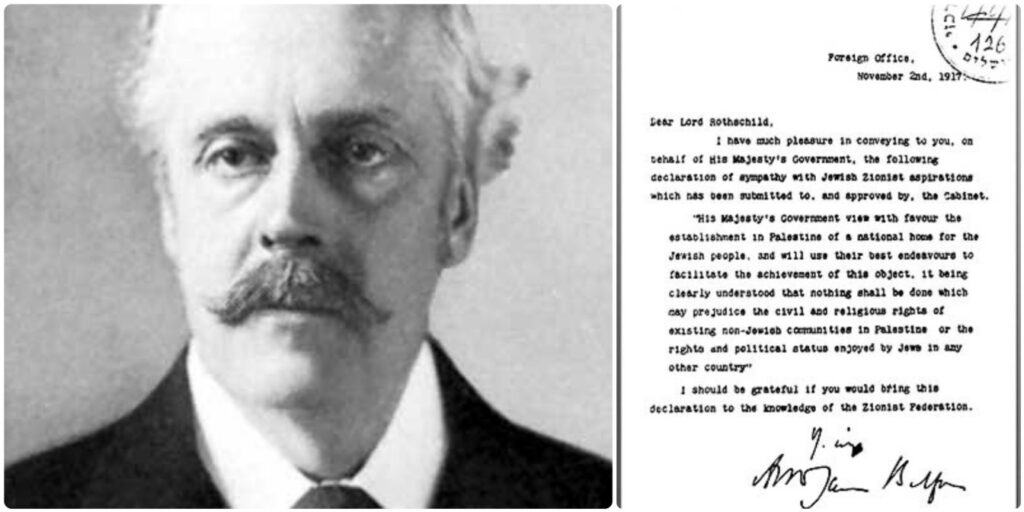
The Palestine people were dead against this declaration as the land originally belonged to them. But on the contrary, excited about the possibility of a Jews state, Jews people from all over the world started to come to Israel. This led to a tremendous conflict between the Palestinians, Jews and the Arabs.
The UN Division
The conflict of the Palestine land put a tremendous pressure on Britain. Unable to handle the mess that they themselves created, the British handed over the matter to the United Nations (UN). The UN in 1947 passed a resolution of dividing the Palestinian land between Arab and Jews. But sadly the Palestinian people were deprived and they were given no land. On 14th May 1948 Israel declared its independence which was supported by Britain and USA.
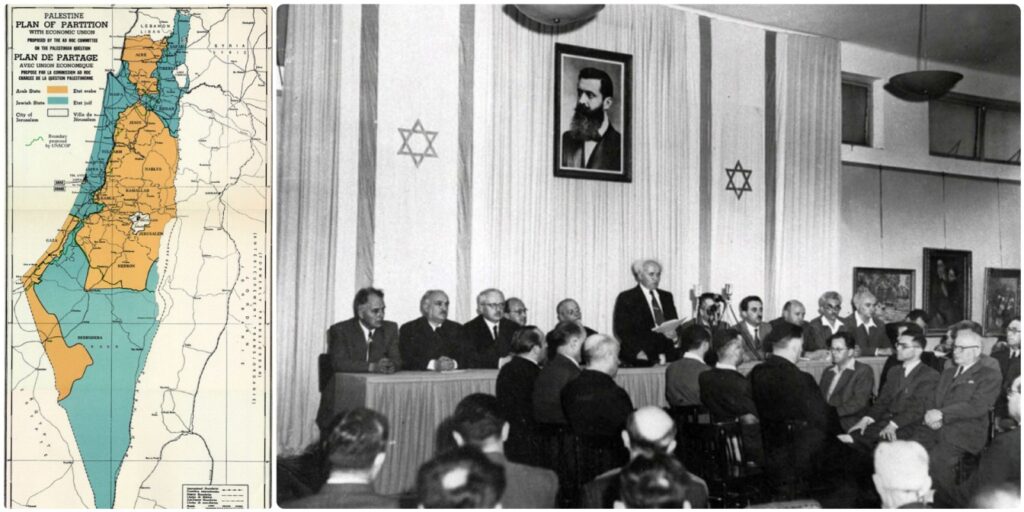
This independence declaration led to a major war between the Israelis and Five Arab nations i.e Egypt, Jordan, Iraq, Syria, and Lebanon. Israeli people were more determined as they knew that if they lost this battle they had no place to go. Israel won the battle and occupied even more land. Many more wars had been fought since then with many innocents losing their lives. This has become a never ending war between Israel and Palestine with both in constant loggerheads.

‘In the current scenario, everybody has forgotten the role of the Britishers who played a major role in the current turmoil. From capturing the Palestinian land in world war I, to the unfair Balfour declaration, to hastly handing over the matter to the UN, their dirty politics is a major reason for the current conflict.”
Aboriginal Australia
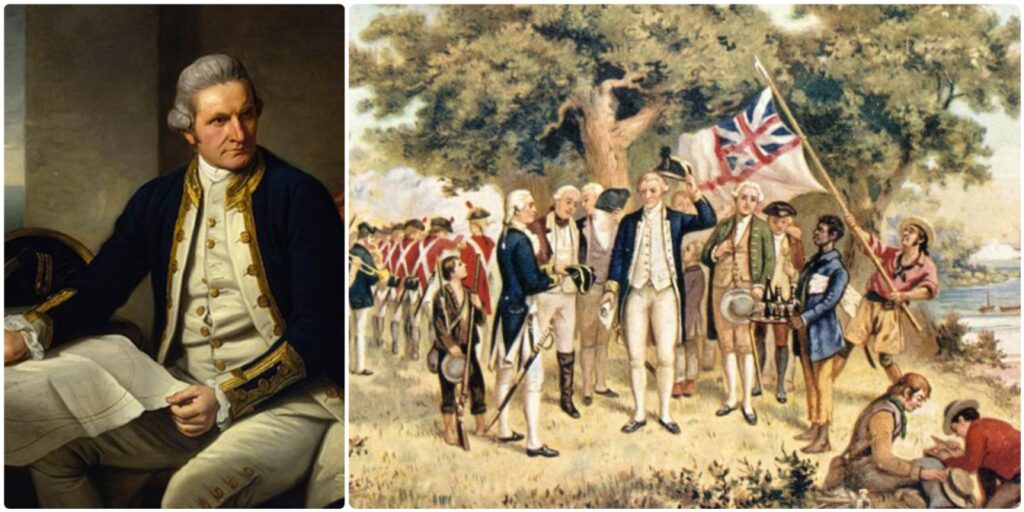
When British explorer James Cook first arrived in Australia’s Borney Bay in 1770, he thought he had discovered a new land for the British empire. The Britishers didn’t bother about the indeginous people who were already living on that island. These indeginous people are also known as Aboriginal Australians. The first group of British settlers arrived on 26 January 1788 in New South Wales and established their first British colony. To commemorate this 26th January is celebrated as Australian Day. But many indeginous people protest against Australia Day because it’s a remembrance of a horrible past their community had faced.
Start of Conflicts
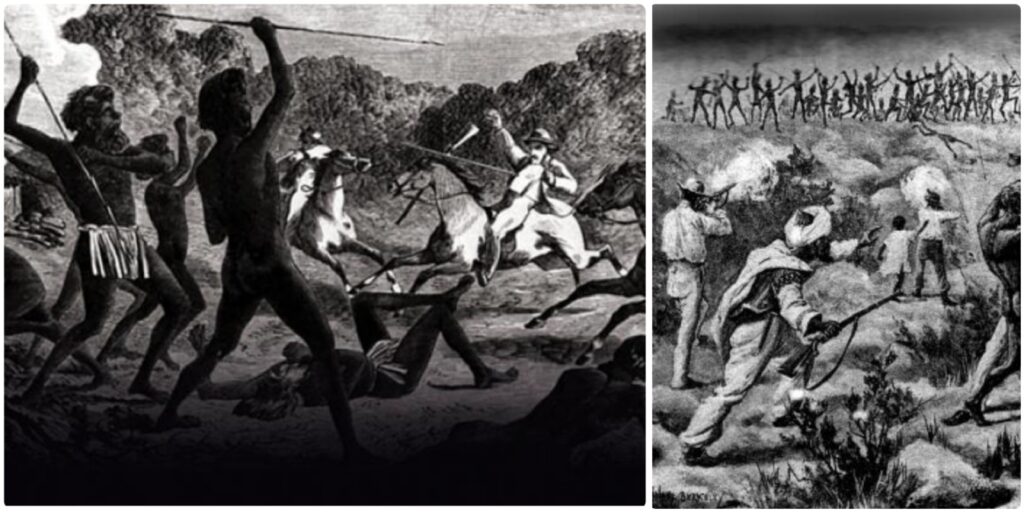
The first conflict is believed to happen in the year 1788 itself and continued for nearly 150 years till 1934. Many wars and massacres took place and most of the time the British settlers had the upper hand as they were equipped with modern weapons. Some major massacre of the indeginous people were:
- 1816 – Appin Massacre – New South Wales
- 1824 – Bathurst massacre – New South Wales
- 1828 to 32 – The black war – Tasmania
- 1834 – Pinjarra massacre – Western Australia
- 1838 – Waterloo Creek massacre – New South Wales
- 1838 – Myall Creek Massacre – New South Wales
- 1867 – Leap Massacre – Queensland
From the year 1788 – 1934 also known as the frontier war, as many 311 massacres have been documented.
Other Injustices
Apart from these wars there was a Kangaroo Creek poisoning incident where poison flour was deliberately given to Aboriginal people living in Kangaroo Creek resulting in death of many indigenous people.
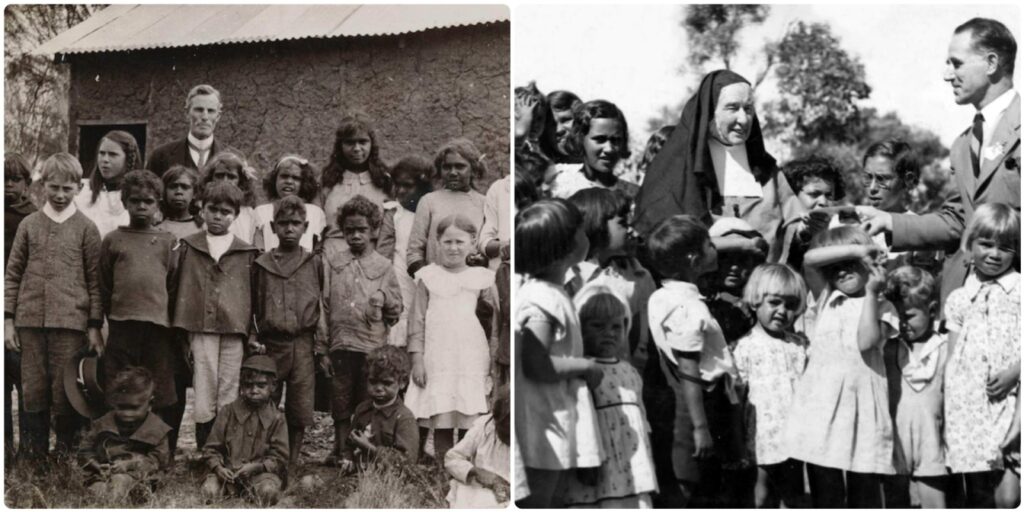
In another gastly act many childrens of the Aborigines were forcefully taken by Australian federal and state government agencies and church missionaries approximately between 1905 to 1967. The shocking part was that this was under the act of parliament which was a plan to wipe out an entire generation. This is also refered as the stolen generation because when the Aborigines grew up they were never able to know their actual roots. But the most significant impact which happened unintentionally was the diseases which Britishers brought along with them such as smallpox, measles and influenza. The Britishers were immune to these diseases but the indigenous people were not. This resulted in whipping out an entire generation.Presently the indigenous people only represent 3.16% of the total Australian population.
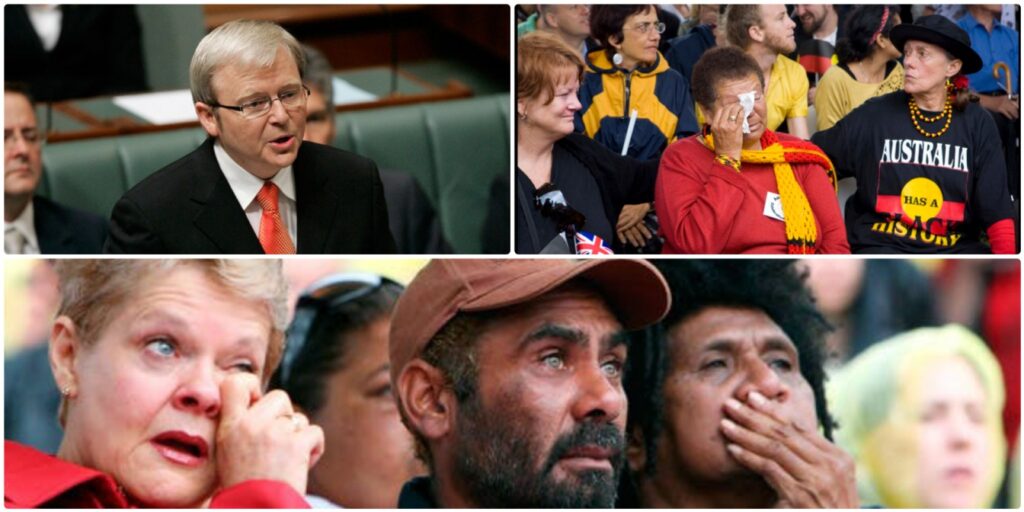
On 13th February 2008, Australian Prime Minister Kevin Rudd formally apologized to the indigenous community for past injustices, especially to the stolen generation. The motion was tabled in the parliament in the presence of former Prime Ministers and many indeginous leaders. But the sad part is very little has changed on the ground level.
India & Pakistan
About 1 million died and 14 million displaced, this is the approximate figure of the India Pakistan partition. When the Britishers first landed in 1603 their primary objective was to do trade, but over the time they had control over most of India.
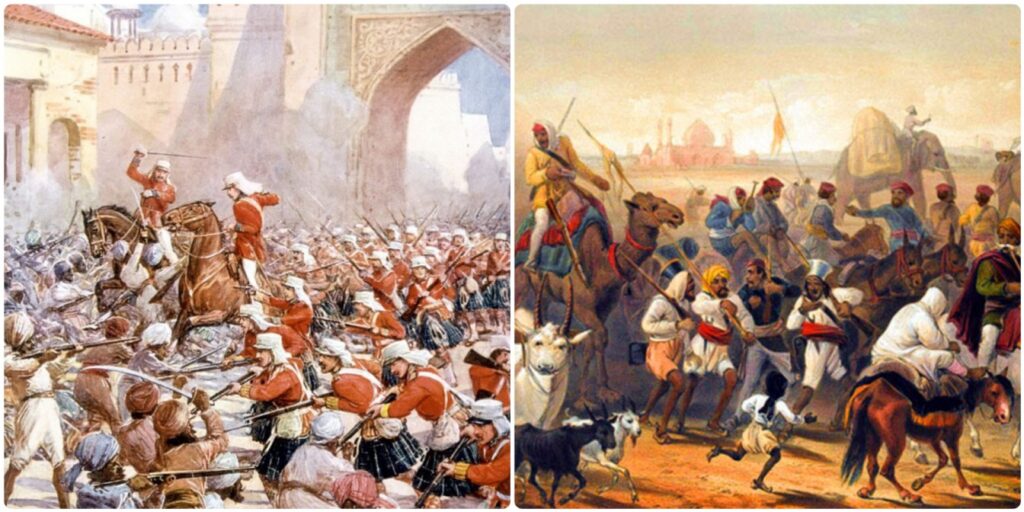
The first uprising was in the year 1857 also known as Sepoy mutiny where Hindu, Muslims and Sikh fought together. Sepoy Mutiny simply means an Indian soldier under the British rule who refuses to obey his officers orders. This rebellious act continued till July 1859.
Divide & Rule
Fearing similar revolt in the future the Britishers played divide and rule policy. Indians fell into the trap of divide and rule policy, which would later become the main cause for India Pakistan partition. Some of major incidents which are not talked much about are:
The 1905 Bengal division:
Before the 1947 partition, Bengal was once divided in 1905 also. The Britishers were not happy with the revolutionary activities in Bengal. On 16th October the Britishers made eastern region a Muslim majority province and the remaining Hindu dominated province. The reason given by the Viceroy of India Lord Curzon, was that it would be easy to administratively manage the regions. Bengali people were not at all happy with this. Though in 1911 the partition of Bengal was revoked after strong protest by the Bengalis.
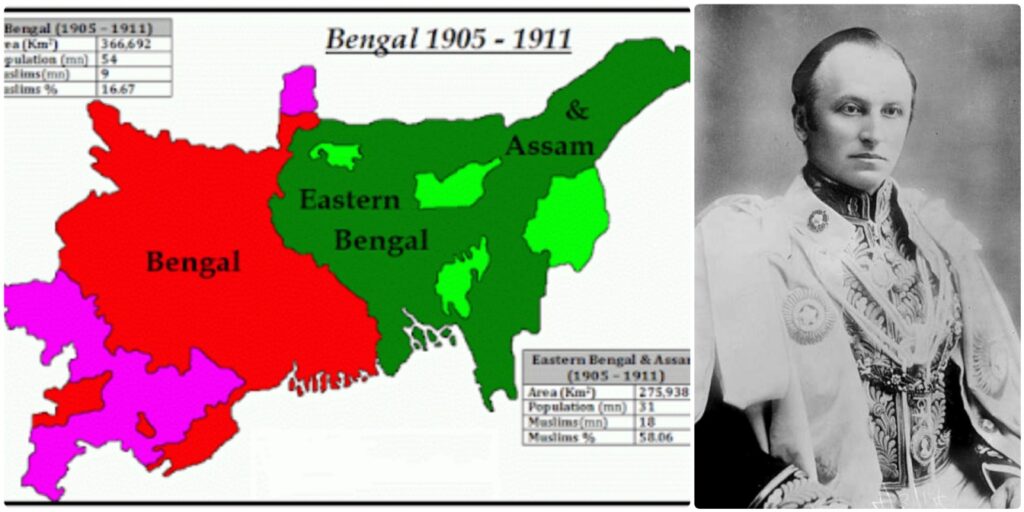
1909 Act, Minto-Morley Reforms:
One of the key point of the 1909 act was that a separate electoral for a Muslim population area was implemented, wherein only Muslims could vote for a Muslim candidate in a Muslim dominant area. By this the British were able to cut off Muslims nationalist movement. They treated them as a separate group from the rest of the country. They convinced the Muslims that this act has been brought to look upon their interests. This act had a long lasting impact and also it would later become the main cause for the partition.
The 1946 The Calcutta killings:
By 1946 the demand for a separate country for Muslims was echoing very loudly, especially by the Muslim league party under Mohd Ali Jinnah. 16 August 1946 was that unfortunate day also known 1946 Calcutta Killings, when around 10000 died and 15000 wounded in a roit between Hindus and Muslims. This was supposed to be a day of nationwide protest by the Indian Muslim community which was announced by Jinnah. ut unfortunately it turned out to be a day of violence between Muslims and Hindus. As per some historians this incident forced the Britishers to leave India early, as they were unable to administrate any further. The Britishers were originally planning to leave India in June 1948.
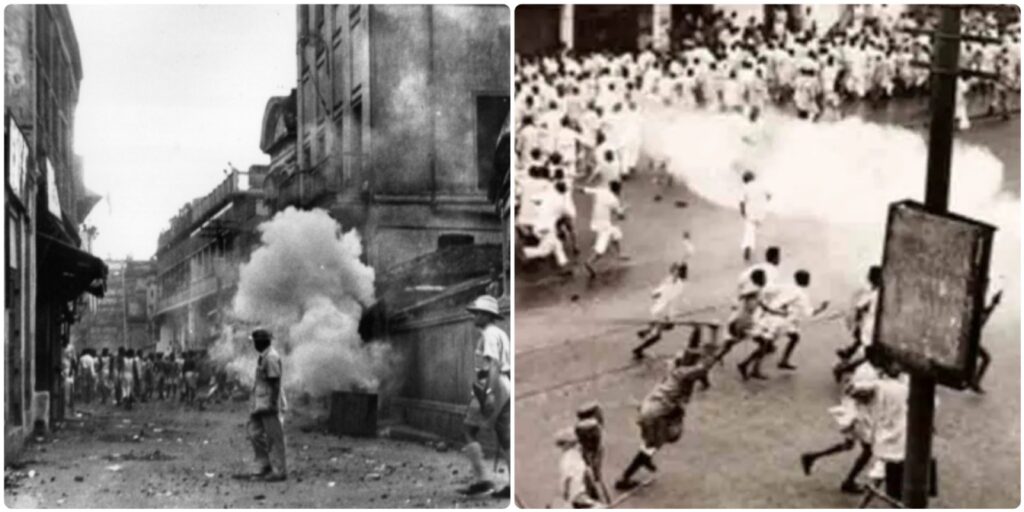
The Partition
In March 1947 Lord Mountbatten was appointed the new Viceroy of India. According to him peace could only be attained through partition of the country. Apart from this Britain appointed Cyril Radcliffe to chalk out the borders between India and Pakistan. Cyril Radcliffe had never been to India before and he was given only five weeks time to decide the border. But the unfortunate part was that the partitioned map was released after two days of India claimed independence. This created even more chaos.
The British who were badly jolted in World War II, didn’t have the resources to run India. It made them carelessly and hastily handover the power to India & Pakistan in August 1947. If the Britishers wanted they could have given more thought and time to the partition process. The untimely exit of the Britishers and carelessly handling the partition issue resulted in writing a dark chapter in two nations history. But obviously the Britishers didn’t bother to care for the country from which they had accumulated huge amounts of wealth.
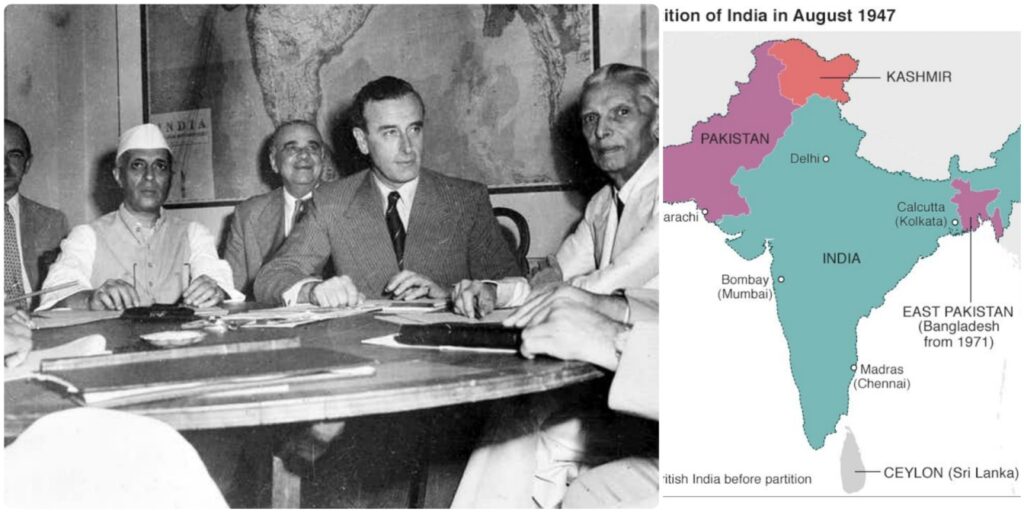
Global Impact
If it weren’t for the Britishers the partitions and conflict of many nations wouldn’t have happened. Their rule and policies impacted many native people and disputed many countries’ borders. Some of the issues created because of the British rule:
| Country | Year Ruled | Issue |
|---|---|---|
| South Africa | 1806 – 1961 | Apartheid |
| Canada | 1763 – 1867 | Injustice to Indeginous people |
| Mayanmar | 1825 – 1948 | Rohingyas |
| Sri Lanka | 1814 – 1948 | LTTE, Demand for a separate Tamil land |
| Malaysia/ Philippines | 1946 – 1963 | North Borneo border dispute |
Though the British empire brought many good things, but still some of their policies had a long lasting negative impact on the nation’s border and its native people. But one thing we must understand that before the 20th century it was a time of conquest and rule, be it any country or any ruler. From the Mughal emperor to Alexander to Maurya dynasty to the most recent the British empire all wanted to expand their territory. And that’s how today’s world has shaped.

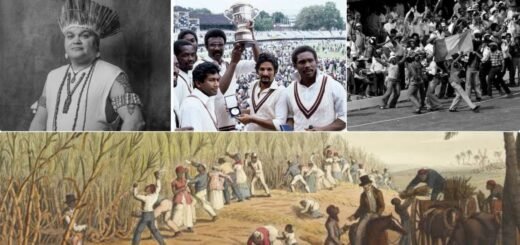
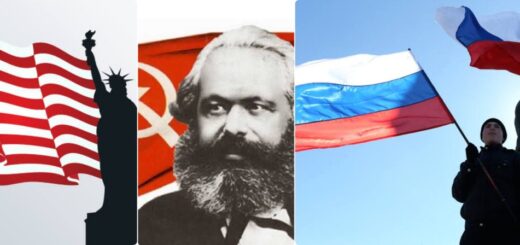










Recent Comments